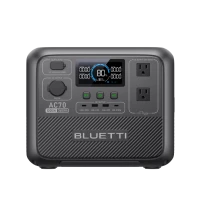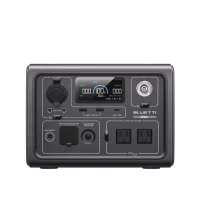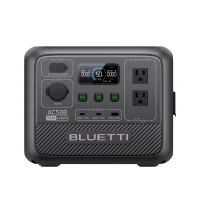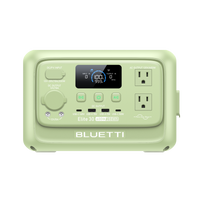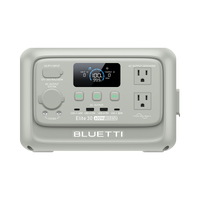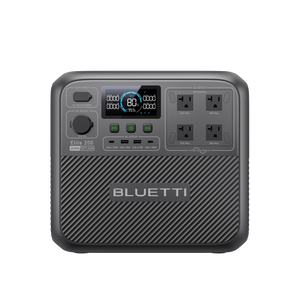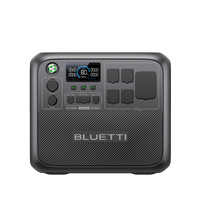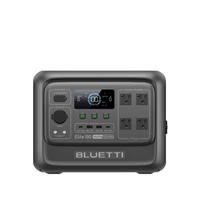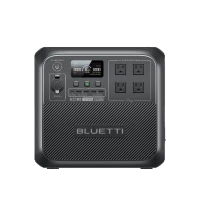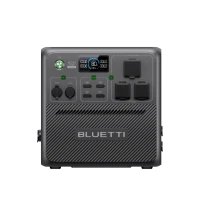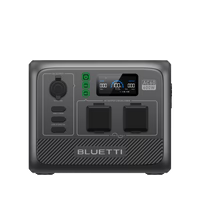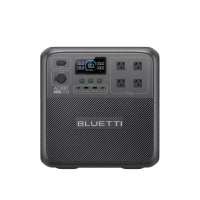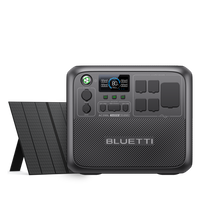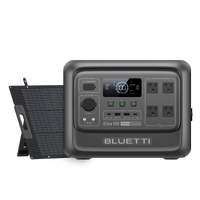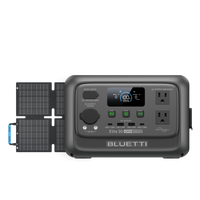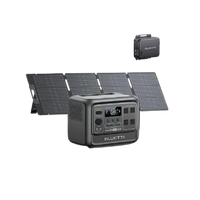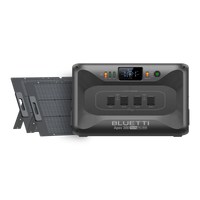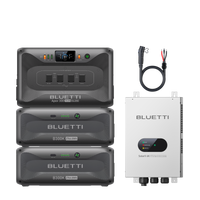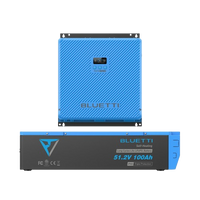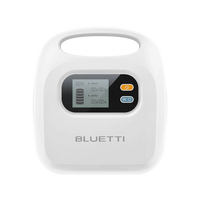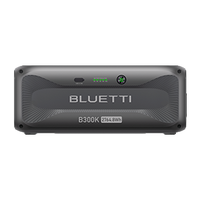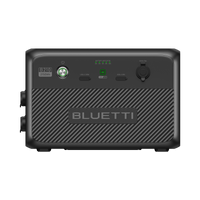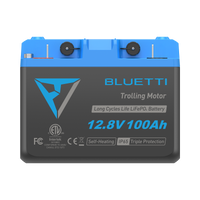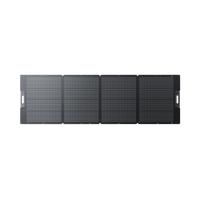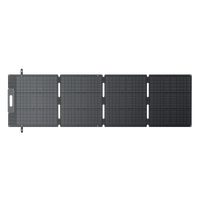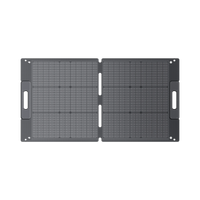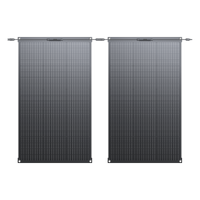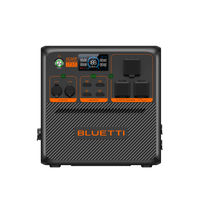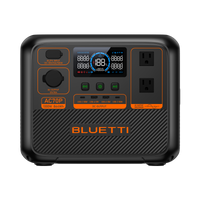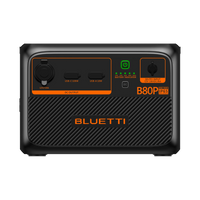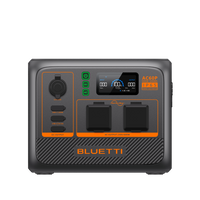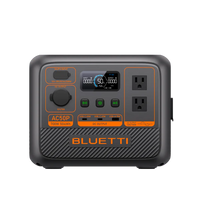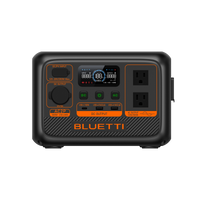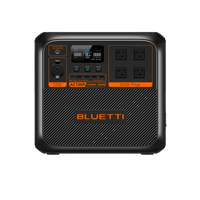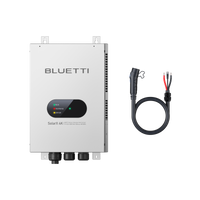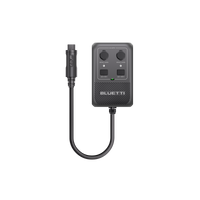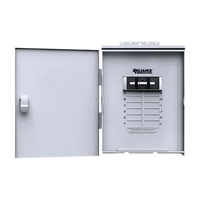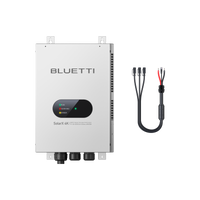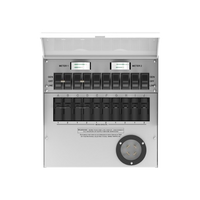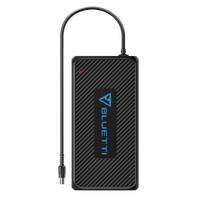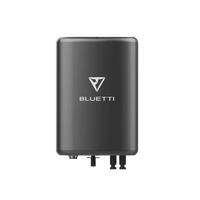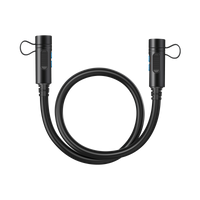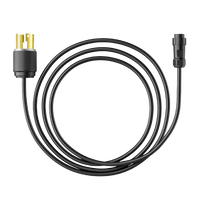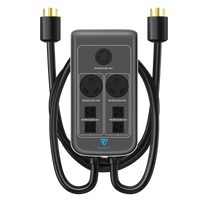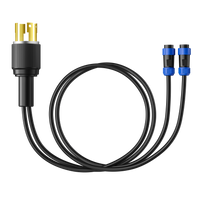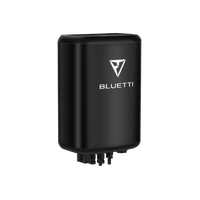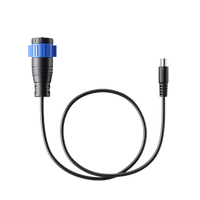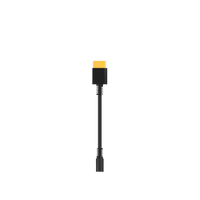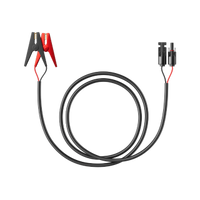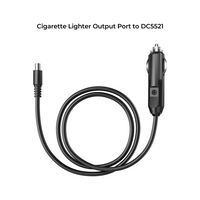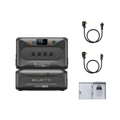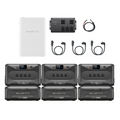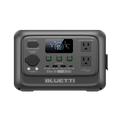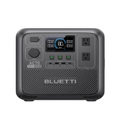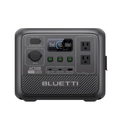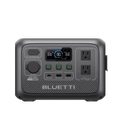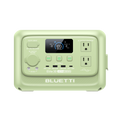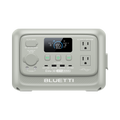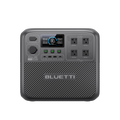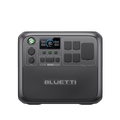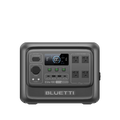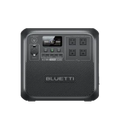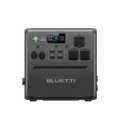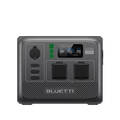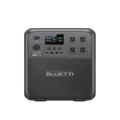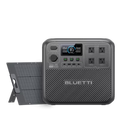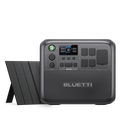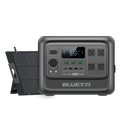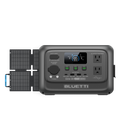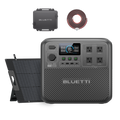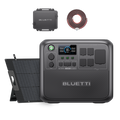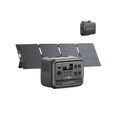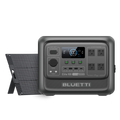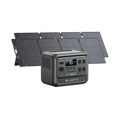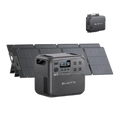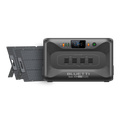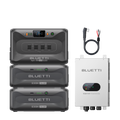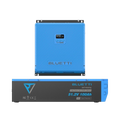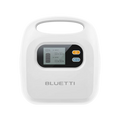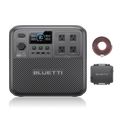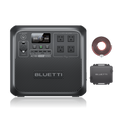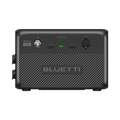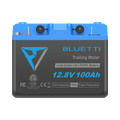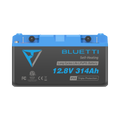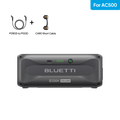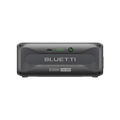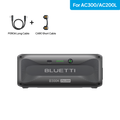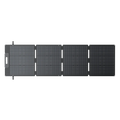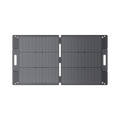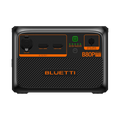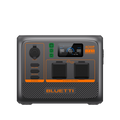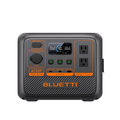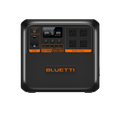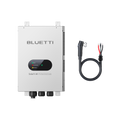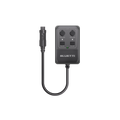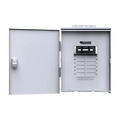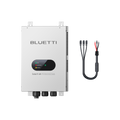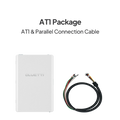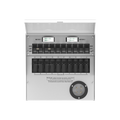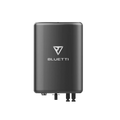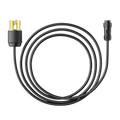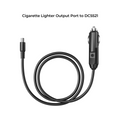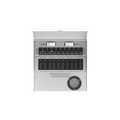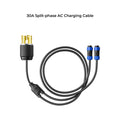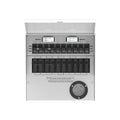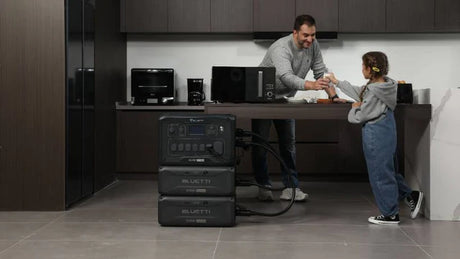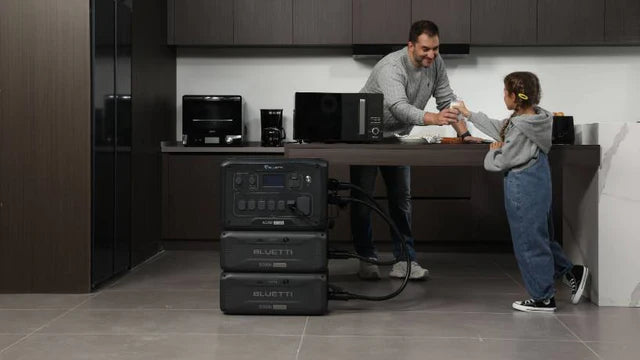Solar batteries are considered a crucial factor in improving the independence of solar panel systems. Nevertheless, the move to incorporate a battery is a significant investment that is usually more than $10,000, and is not always immediately profitable. This article investigates instances when a solar battery can be used as a cost-saving asset, especially when there are specific utility charges or limited net metering availability. Also, it highlights the ability of batteries to deliver the added value of continuous energy sources and protection during blackouts. This article will encompass the essence of solar batteries, their importance, merits, 2024 price range, selection guidance, and tips for choosing solar batteries in Canadian atmospheric conditions.
What Are Solar Batteries?
Solar batteries constitute the foundation of maintaining the reliability and productivity of the solar power system. They are the warehouse for the energy that can not be used during an hour with maximum sunshine. By capturing the energy in this way, it gets stored to be used through the night or on days when the sun is not out to give your home a constant power supply.
The operation of solar batteries is based on the principle of power transformation and energy accumulation. When solar panels receive sunlight, they change it into electric power. If excess energy is not consumed right away, it can be stored in the solar batteries through complicated chemical processes. These batteries act like a personal energy source that you can quickly call upon to supply electricity.
This technology, in turn, not only increases the effectiveness of solar cells but also a certain degree of the power grid’s freedom. In this regard, houses fitted with solar batteries are less dependent on the grid and sometimes can reach an autonomous power supply. In essence, solar batteries together with the solar panels just become revolutionary equipment forming a more sustainable and self-sufficient energy system for homeowners.
Related articles: Solar Battery Buying Guide: What You Need to Know
Best Solar Battery Backup System for Home in Canada 2024
How are Solar Batteries Different from Rechargeable Batteries?
Is It Worth Adding Solar Batteries for Solar Panels?

The installation of a solar battery along with solar panels continues to be dependent on individual circumstances and needs. For those who are looking for a viable backup power source, solar batteries are definitely a dependable investment. They prove to be a worthy asset in power-outage prone areas, as they offer a quiet and emission free source of energy in place of noisy, fuel-consuming generators.
While a solar grid-tie system depends on net-metering to capture financial gains, solar batteries derive their financial gains from the ability to store energy generated during the day for later use. In regions where full-retail net metering is not available, batteries can generate some savings, primarily under time-of-use pricing plans. Nevertheless, the degree of the savings achieved is dependent on the different tax rates.
For homeowners placing emphasis on off-grid power, residing in regions where net metering is not available, or location entailing considerable battery incentives, the choice of acquiring solar batteries is highly profitable. They do well at reducing energy dependence and building peace of mind.
Discovering whether or not solar batteries are right for you is largely about talking to local solar installers. They will provide individualized guidance and other cost comparisons that will ensure that your solar storage is worthwhile and of value.
The Benefits of Using Solar Batteries and Solar Panels
Utilization of these systems provides benefits beyond the dollars and cents. The benefits that extend further than cost-savings are numerous. Through the implementation of this solar/battery integration, consumers can take advantage of the electricity produced at the peak sunlight time and use it instead of buying the one during the high-demand periods, which will eventually lead to reduction of the electricity bills within the home. This is especially attractive in places where the rates of energy are high.
Furthermore, such batteries and panels reinforce energy self-reliance. They allow households to generate and store electricity, a value during grid outages or disasters as well. It is not only applicable but also environmentally conscious at this level. Storing the extra solar generated energy has the advantage of replacing burning fossil fuels and consequently creates lesser carbon emissions and a green future is realized.
The merit of the solar batteries and panels lies in the fact that their life expectancy is very high. Most models are sold under a substantial warranty, which can be as long as ten years or even more, providing the purchaser with and extended life for the product. This durability leads to sustained energy savings over an extended period of time. Thus, solar batteries are a recommended investment due to a combination of environmental and economical considerations.

How Much Do Solar Batteries Cost in 2024?
In 2024, the solar battery financial world is full of a moving picture. A 12.5 kWh solar battery system, with installation included, costs roughly $18,791 on average. On the other hand, this price can be decreased to $15,000 when a battery is installed simultaneously with a solar panel system, since the labor and permitting costs are overlapping.
The Residential Clean Energy Credit will also have an effect with a 30% tax credit cut as a result the price comes down to about $10,500 after the credit. The prices of lithium-ion batteries, the most widespread type, dropped significantly in early 2022 and is expected to continue the trend, driven by a decline in cost of lithium—an expected future occurrence.
In addition, the price of solar batteries involve elements like capacity, brand, and technology. At present, the average cost of a solar battery system that can be installed at the residence naturally ranges from $5,000 to $15,000. These fluctuations owing to the fact that less mature residential-scale batteries usually command a premium price in their initial years, but, nevertheless, the technology is likely to be more affordable in time as the market opportunity develops.
How To Choose a Perfect Solar Battery?
In solar battery selection, capacity—the amount of energy it can hold—should be carefully examined. This must be in line with your energy utilization and backup power intentions. Choose a larger capacity in case you need an extended power backup, but do not forget that this increases the initial investment.
Battery chemistry is crucial. Lithium-ion batteries are used widely by virtue of their efficacy and durability. Nevertheless, each of them requires a different kind of care and these devices have different lives, so pick the one that will serve you and your energy goals better.
The lifespan of a battery directly implies the strength and reliability of the battery. The longer lifespan of the products can contribute to a relatively higher price, but it also signifies less replacement over time and potential savings in the long run. Be certain to verify that the warranty fits the anticipated life span.
Another consideration is compatibility of the system with your current solar power installation. Select the right battery for your solar panel to ensure that your batteries and inverters work effectively and not inefficiently.
Lastly, weigh the cost. Batteries which are of high quality may be costlier initially; however, they could offer more than profits over time because of dependability and performance. Choose carefully to obtain the balance between cost and benefits.
2 Recommended Solar Batteries Used in Canada
BLUETTI AC300 + 2*B300 Home Battery

In Canada, for people who want a strong solar battery backup system, this is definitely an option to put your money on. Priced at C$6,198.00, this unit has a 3,000W AC Pure Sine Wave Inverter with a 6,000W surge capability. So, even during a power outage, your appliances will be controlled well. Besides, the capacity of the base unit 3072Wh is extendable to 12288Wh by adding B300 expansions, allowing it to handle the different energy needs.
The LiFePO₄ cell stands out for its longevity, having a life cycle of 3500+ to 80% capacity, which means years of efficient service. In addition, the unit is reinforced with 240V split phase bonding and ensures round-the-clock availability through 24/7 UPS backup power supply. Finally, the multiple options for recharging providing 2400W max solar input and 5400W max fast dual charging will grant the possibility of varied energy supply.
AC500 + B300S Home Battery

This second one, which goes for C$5,699.00, is a rather good choice as well, because it features a 5,000W rated power with a 10,000W surge capacity. Its expandable capacity ranges from 3072Wh to a whopping 18432Wh which is tailored to handle large and long hours of energy demand. The LiFePO₄ battery goes over 3,500 cycles at 80% capacity, thus it guarantees longevity.
The special features such as Smart APP control and a 240/10 KW split phase system enable convenient integration with larger household systems. Thanks to the 16 ports, it can be used to power even the toughest devices, and the 4-year warranty keeps peace of mind.
Final Thoughts
In sum, solar batteries are not accessories but an investment that over time will give you energy independence. They are a must-have in off-grid survival since they serve as a standalone sustainable energy source when the regular power supplier is not accessible. Furthermore, the technologies are more affordable given the availability of incentives and tax credits that cover a substantial part of the installation costs. Finally, the choice to install solar batteries depends on personal energy goals, and the financial aspect, in terms of tradeoff between initial investment and future benefits.









